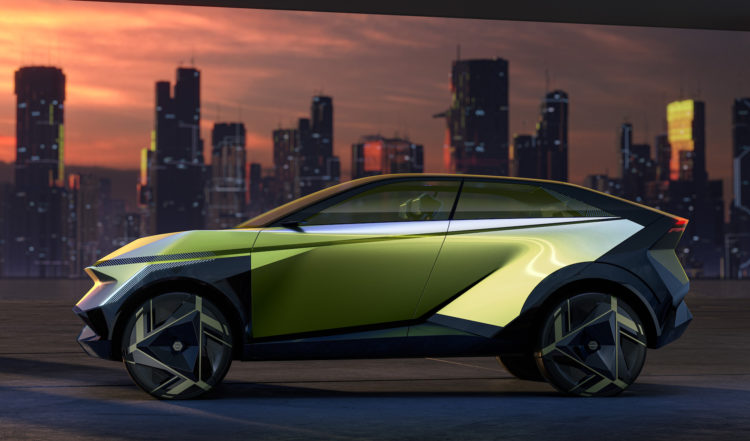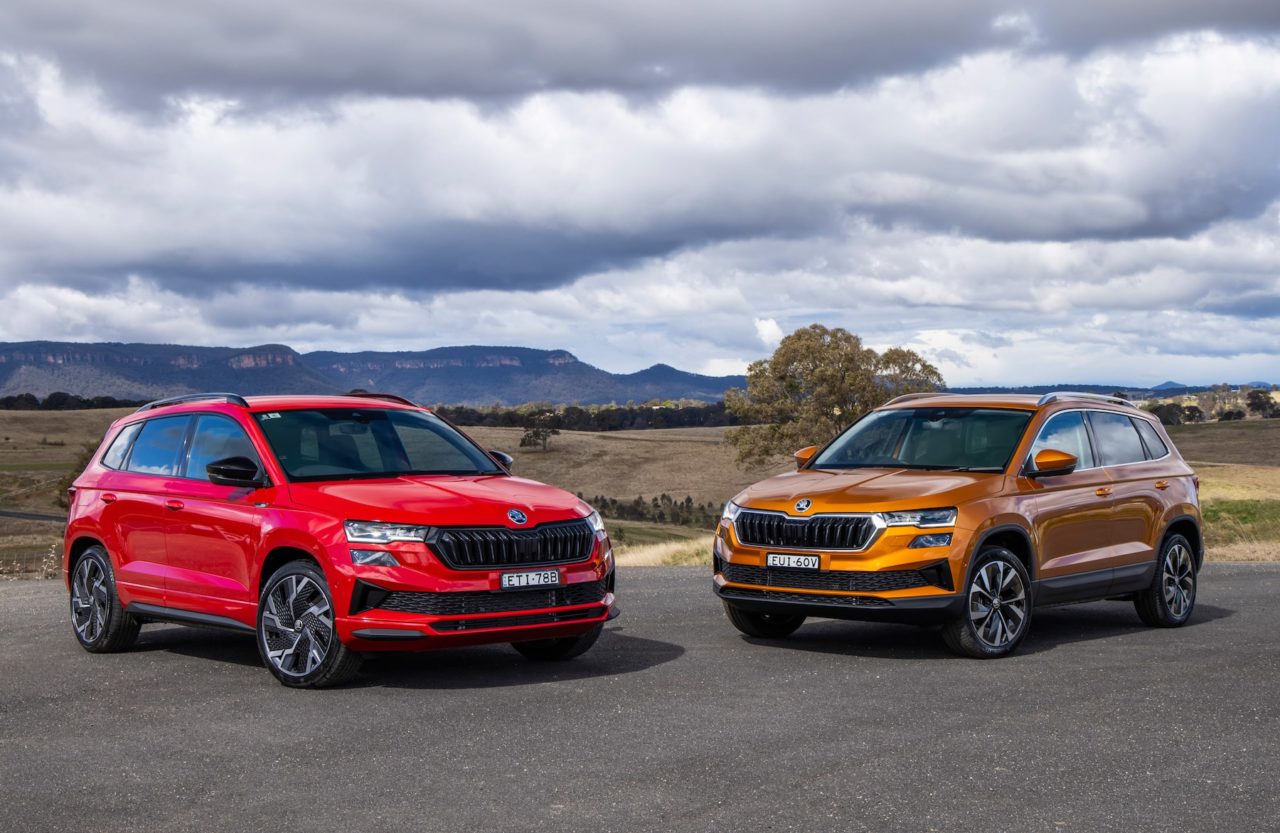Nissan has given us a look at its bold plans for the company’s all-electric future with the showcasing of its ‘Hyper Urban’ concept ahead of its official debut at the Japan Mobility Show in Tokyo later this month.
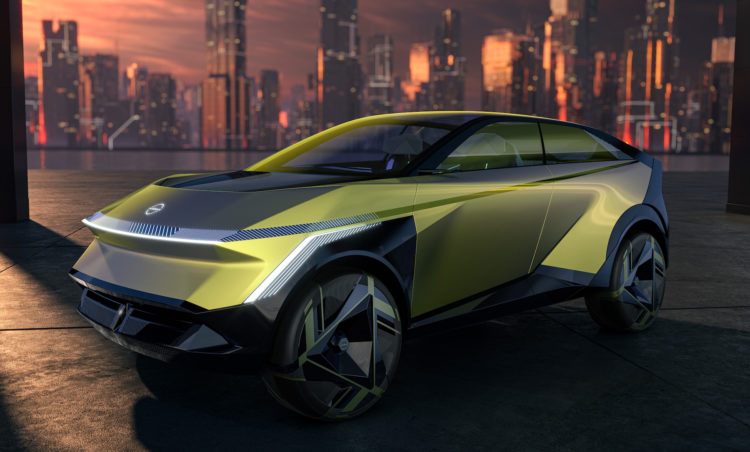 The design language is sharp, perhaps excessively so, though nothing is off limits for a concept vehicle, particularly one from a Japanese manufacturer.
The design language is sharp, perhaps excessively so, though nothing is off limits for a concept vehicle, particularly one from a Japanese manufacturer.
The company says that its styling “perfectly complements the sophisticated tastes of its target users,” who Nissan describes as “professionals who prioritise environmental sustainability.”
There’s been no word on powertrain or battery details, though the Hyper Urban receives vehicle-to-home (V2H) and vehicle-to-grid (V2G) architecture, all of which is controlled by an artificial intelligence system that can send surplus energy to neighbours in need, or when it’s most profitable to sell back to the grid.
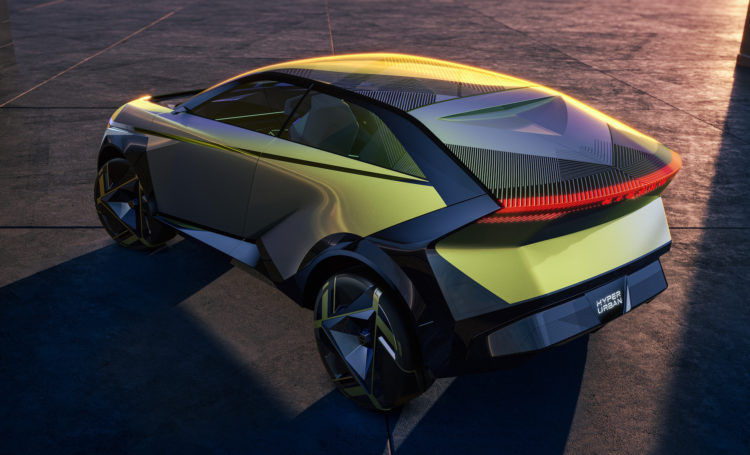 Nissan says that it’s also been designed with a long lifespan in mind, with hardware updates and regular software updates on offer to provide a “fresh ownership experience over many years.”
Nissan says that it’s also been designed with a long lifespan in mind, with hardware updates and regular software updates on offer to provide a “fresh ownership experience over many years.”
One example of the hardware updates on offer come in the form of a new instrument panel inside the cabin that offers “the latest technologies and trends in graphic user interfaces.”
The reveal of its radical battery-electric concept comes just a week after Nissan confirmed that 100% of its sales in Europe will come in the form of an EV by the turn of the decade.
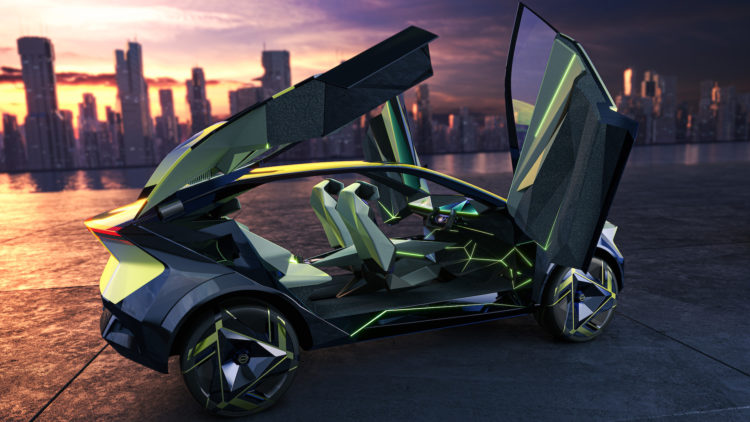 Making the announcement, Chief Makoto Uchica said that “Nissan will make the switch to full electric by 2023 in Europe – we believe it is the right thing to do for our business, our customers and for the planet.”
Making the announcement, Chief Makoto Uchica said that “Nissan will make the switch to full electric by 2023 in Europe – we believe it is the right thing to do for our business, our customers and for the planet.”
Nissan has previously released its ‘Ambition 2030’ plan which has detailed 27 electrified models, including 19 pure electric vehicles that will be introduced around the globe before 2030.
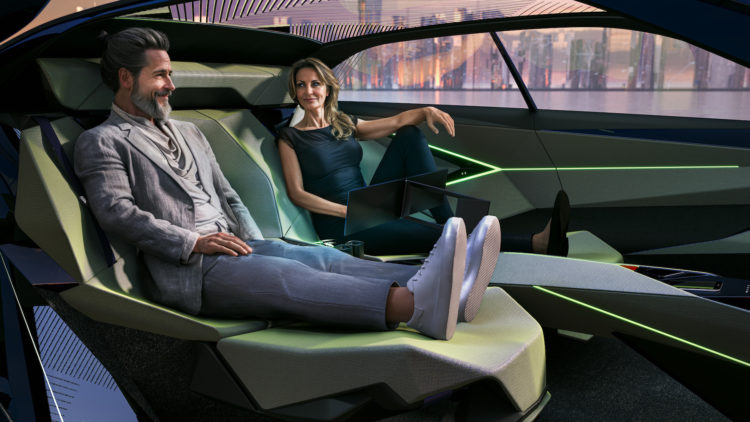 The company has some big tech plans before then, announcing a new cobalt-free battery chemistry – said to reduce manufacturing costs by up to 65% – will be hitting the market by 2028.
The company has some big tech plans before then, announcing a new cobalt-free battery chemistry – said to reduce manufacturing costs by up to 65% – will be hitting the market by 2028.
More significantly, Nissan forecasts that by 2028, all-solid-state battery packs will be in production, massively dropping costs and improving energy efficiency for its battery packs while hoping to reach cost parity with gasoline vehicles.
